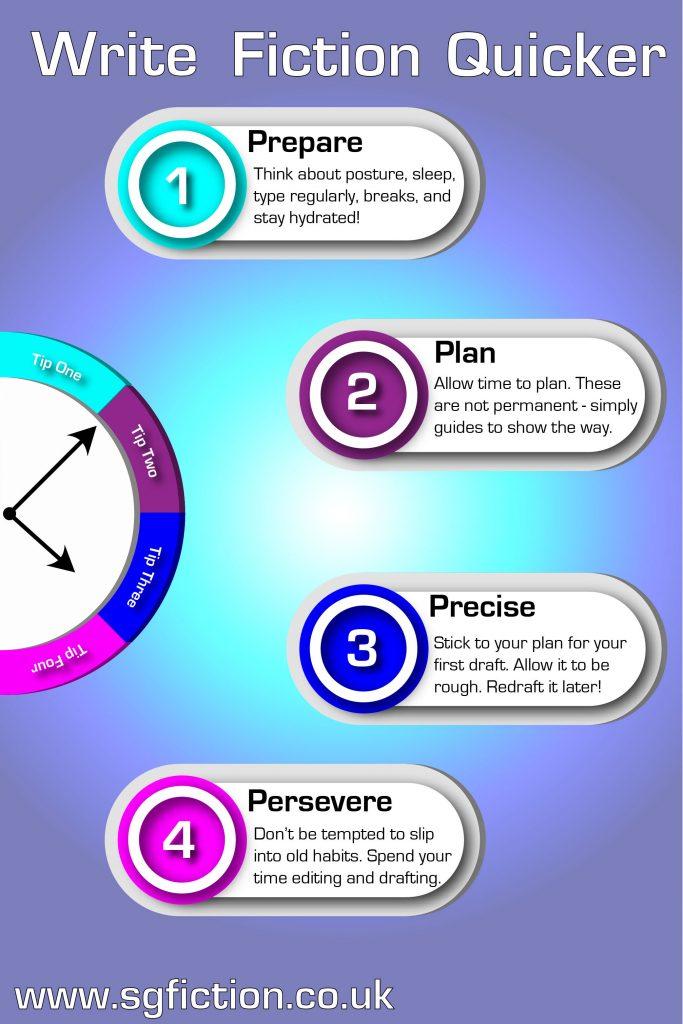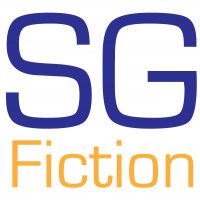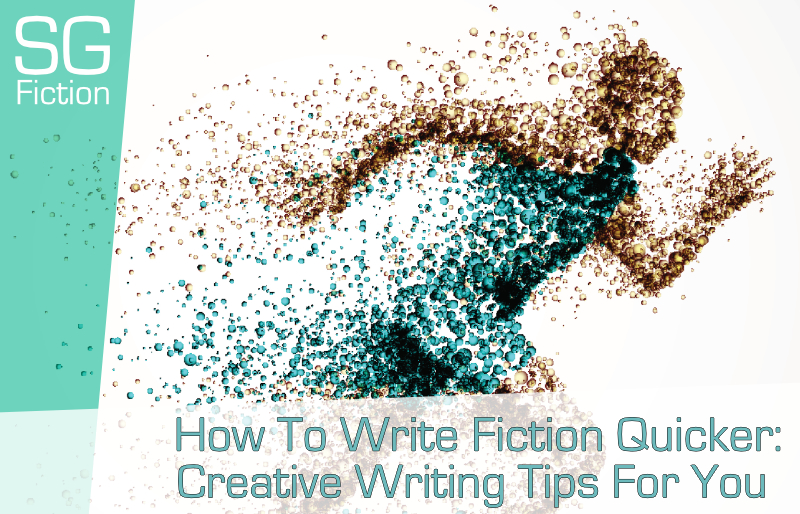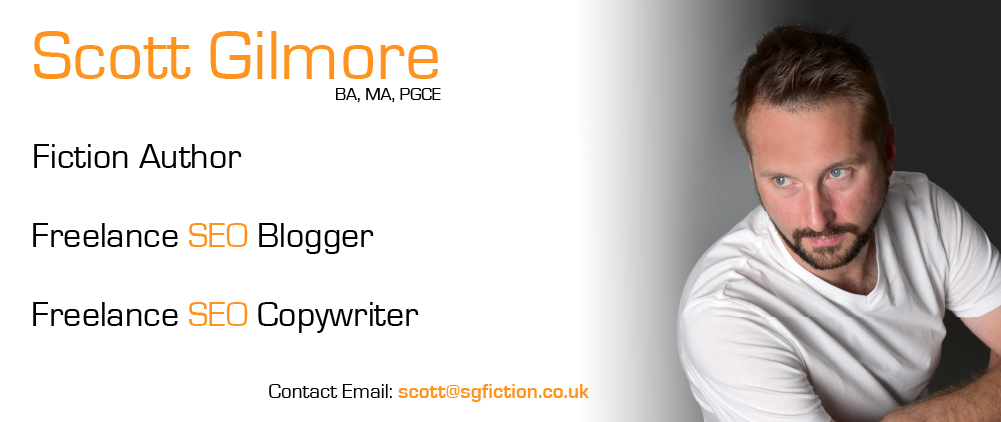Scott Gilmore Shares Tips For How To Write Fiction Quicker.
In this Write Fiction Quicker article, you will find tips in the following areas:
- Why failure to prepare is a common flaw in a writer’s routine. Treat writing seriously by planning for the time you have set aside to write and gather everything you need,
- How planning is a great way to ensure you don’t walk into an allotted writing time blindly,
- Why a meticulous approach can set out everything you need before you as you write. These details can be adapted, but to have something is better than nothing.
Read the rest of the Write Fiction Quicker article and learn tips that can help you make serious progress in your next piece of writing.
As a fiction author who has always written stories and fiction relatively quickly, I am regularly asked by fellow writers or authors how I manage to write fiction quicker. When I wrote Inside Iris and then the first draft of Anna’s Awakening, I got through them both in six months. Writing a piece of fiction is not an easy task. It is a long process that is not for the faint-hearted.
Buried among many writing tip queries online is the question of how to write faster and how to beat writer’s block. When considering creative writing blogs to write, I always try to write about writing topics that could be of use to beginning writers as well as more experienced writers. No doubt, speeding up the writing process can free us up to develop other ideas to the first draft stage. There is no doubt that time has to be taken at certain stages of the writing process, but surely there can be some strategies we can use to write quicker.
Like you, I want to write fiction well and come up with story ideas for writers can help shape my methods as a writer. The process of creating, planning, moulding, writing and then editing a piece of fiction is a daunting process for millions of potential authors out there. Trying to quicken the steps taken when putting together that dreaded first draft can cause trepidation among inexperienced writers. Ensuring the characters within your novel tell the story you have planned for them is paramount, but can perfectionism slow you down when writing that first book.
As a fellow fiction writer and dystopian science fiction author, I like to share my fiction writing experiences and what has worked for me throughout the planning and writing my debut novel, Inside Iris. Whether you are writing as a beginner, experienced or published author, I feel we can all learn from one another.
By sharing our craft, our creative process when writing, and how we work as authors and poets, we can:
- Help to hone our process further;
- Get inspiration from fellow writers;
- Feel part of a wider writing community;
- Feel less alone in a very lonely profession, hobby or past time.
Yes, there may be processes you disagree with, but that is normal, friends. The method of exploring those processes is where we can learn as novelists and consider whether we can develop what we do when creating a story from scratch. We need to remember that the process is for us to write the best fiction possible or simply to write a story that we can be proud of. Part of writing fiction is to hopefully finish the story we set out to create!
Read this blog article to see what you can learn and please email me at scott@sgfiction.co.uk with your ideas, processes and craft as a writer. I am eager to hear from my contemporaries and fellow authors, writers, poets, playwrights and screenwriters!
Read the following tips for how to write quicker fiction below and see whether you can use some of them when writing stories of your own. Do you already try some of these? Please share and let’s start a discussion!
1. Writing Tip One – Fail To Prepare? Prepare To Fail
I know this creative writing tip sounds a little foreboding, but it’s true. There are so many things any budding writer or even college and university student can do to speed up writing.
You could be writing a piece of fiction, a screenplay, some coursework or a dissertation on Shakespearean tragedy. It doesn’t matter! Either way, you could benefit significantly from developing your typing speed to get more words written in a set length of time.
This story writing idea may come across as obvious, but many people worry about their methodology of writing and the steps they take to create characters, develop realistic settings and plot story arcs. All creative writing and fiction writing can be aided so much by typing quicker and having a checklist that you go through before writing.
- Sit up straight in an appropriate writing posture;
- Stay hydrated – water, not coffee (sorry);
- Get an adequate amount of sleep;
- Practice typing, not writing. Choose a set amount of text or length of time and see how much you can type;
- Allow yourself some breaks – try 45 minutes on and 15 minutes off.
We are talking about how to write fiction quicker but writing in a conducive environment is the best way to start. Remember, you are an author and a human. When you flag, or you get tired, the chances of you writing gibberish becomes greater.
Look after yourself and the writing process will flow smoother than you think. Then you will be able to write fiction quicker.
2. Writing Tip Two – Planning
When I was at Queen’s University in Belfast studying Creative Writing, the lecturers always used to talk about the importance of planning when it came to writing a novel, collection of poetry, a play or a screenplay. This was seen as more than a creative writing exercise for those who were professional authors, poets, playwrights and screenwriters – it was an essential part of forging the foundations of the work that they were about to embark upon.
Some fiction authors, dramatists, screenwriters, and fellow creative writers will agree with this approach but, as a twenty-one-year-old, I was someone who preferred to fly by the seat of his pants when writing. The conversations between characters, consideration of various endings for a play, or preparing a character’s background in extreme detail were processes that I didn’t see the benefit of at the time. Let’s just say, I was wrong.
Some beginner writers may also see that thinking and planning time are a luxury they don’t yet see the benefit of. Inexperienced writers may even see it as a daunting task that they are unsure how to approach or where to begin. I can personally vouch for the effectiveness of planning and preparation when writing. It really can help you write fiction quicker when compared to little or no planning.
My time the Seamus Heaney Centre at Queen’s University, was a mixed experience due to some personal issues I was having at the time. I really wish I was in a place to fully enjoy those two years, but at least I had those years and am seeing the benefits of the reading and creative writing processes I learned.
What can we do?
- Allow thinking time as well as planning time before writing your first draft;
- Setting out plans will guide us and not allow us to get lost in the wilderness. Use the plans as a guide but remember, plans can change too. Allow exploration of your planning if characters wish it;
- Planning is not included in the writing time. This is something all writers need to remember. Preparation is an investment that you make in getting to know the characters, plot, setting, and the story before you write it. Writing starts when your first draft begins;
- Planning is to prepare us for writing. The best way to think about it is like an athlete warming up for a race. Professional and top amateur sportspeople put in hundreds of hours of preparation every year for their sport. Your sport is writing, so consider putting in a number of hours preparing a week before you start writing. Planning to plan will set you achievable goals.
- When the starting gun fires, you will be ready to set off at your own race pace – following your plan as you do so.
3. Writing Tip Three: A Meticulous Approach
This Writing Tip may help an aspiring fiction author see how to use the planning process effectively. The main thing to remember is that you plan to tell a story to an audience or reader, so your planning should be set out in a way that suits you as a writer. The plan that you set out should plot the main beats of the story or each chapter. This can be done as a diagram or simple bullet points, it doesn’t matter. It’s what you do from there and how you use that plan that matters.
Many professional playwrights or authors have their own approach to planning and how they use that plan! Creative writing skills take time to develop and hone. They also take time to be strict with and adhere to, especially when the writing process gets tough. When using your plan, stick to it! The key here is to be cold, heartless and treat it as though you are a ghost-writer or are editing it for someone you don’t know. The points are there, so get them down, guys.
At times, I have been guilty of living in my dystopian fiction world of Inside Iris or Hexingham. We have all refused to take a functional or critical eye when it comes to our beloved manuscript. I need to be disciplined when it comes to my science fiction setting, and I have taken this approach with my second novel, Anna’s Awakening.
As I go through the manuscript or the plan, I imagine that I have been paid X hours to go through this book. I cannot waste time. I have to write fiction quicker. As far as I can see, I have a deadline and I need to get more paid work as soon as possible. If I waste time overthinking my draft, it will cost me money. No one wants to lose money in our day jobs, do we?
What can we do?
- Have a planning and writing process that works for you! As you write your first draft, tick off the points you have planned;
- Points are laid out before you and, if they’re detailed enough, you will have everything you need to mould your first draft. Trust yourself and the time you put into planning – overthinking will slow you down.
- Once the point is written, tick it off! If you learn to treat the manuscript planning as though it was someone else’s, you can be cold and critical. Time is money!
- Imagine someone has paid you to type up the plan into a first draft, and you are being paid very little. You won’t waste time asking meaningless questions or overthinking! You would get the work done and out of the way ASAP to get better-paid work. You are a creative writing professional. That means doing the best job for the imaginary salary allocated to work;
- Write only what has been planned. Your first draft is there to get the story down, that is it. You will be able to come back to the manuscript when you redraft it! Your first draft has one purpose – to see how those plot points look when strung together;
- The redrafting process is where you can take time to consider our characters’ intentions, plot points, and whether the story flows well. These decisions are essential but can be made at a later date. Until you get the first draft down, you won’t know how the novel works as a completed piece.
Why We Should Write Fiction Quicker
As a science fiction author who has always written relatively quickly, I thought I would take some time to share some writing ideas with my fellow writers and authors. Indeed, writing a novel is not an easy task, but you can put planning in place to help learn to write fiction quicker.
Many writing tip queries online have lots of writing topics that could be of use to beginning writers and experienced writers alike. If we can speed up the writing process, we can get through the first draft stage quicker, and into the vital redrafting process. If we can use some strategies to write quicker and redraft better, will our short stories, novels, plays and poems be better as a result?
If you enjoyed this blog article, please email me at scott@sgfiction.co.uk with your creative writing ideas, processes and craft as a fiction writer, playwright or screenwriter. I am eager to hear from my contemporaries and fellow authors, writers, poets, playwrights and screenwriters!
Please Share The Write Fiction Quicker Infographic Below




